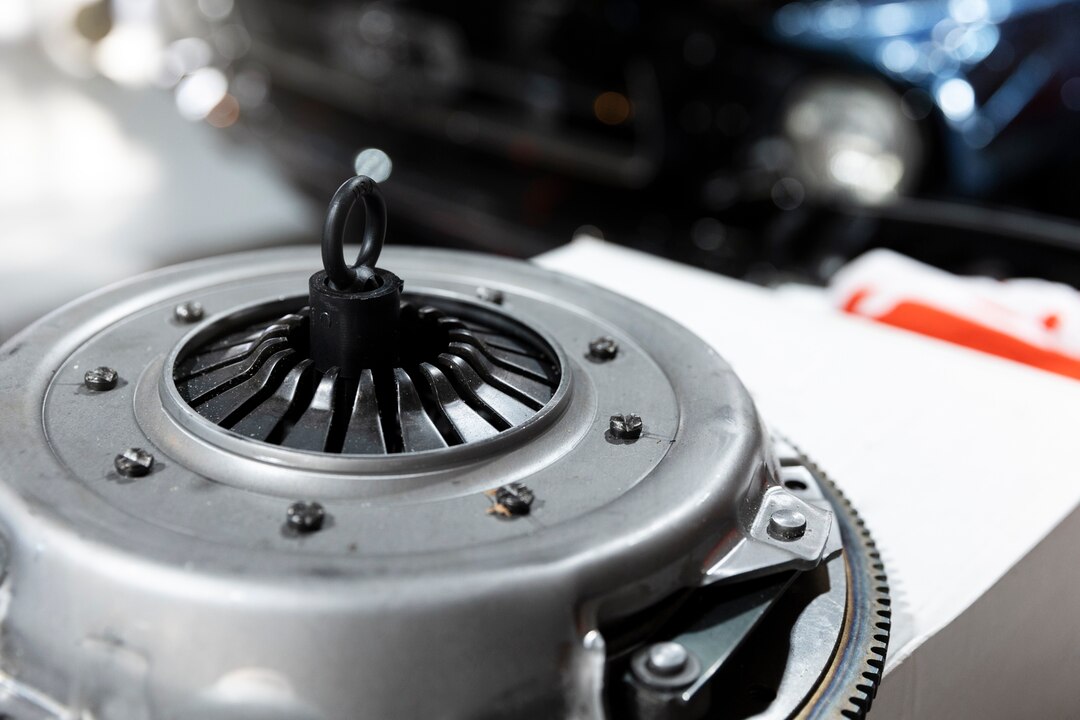The clutch is a vital component of manual transmission vehicles, responsible for transferring power from the engine to the transmission. Over time, the clutch experiences wear and tear, eventually requiring replacement to ensure smooth and efficient operation. Recognizing the signs of a failing clutch can help prevent sudden breakdowns and costly repairs. Here are ten signs that your car’s clutch may need replacement:
- Difficulty Shifting Gears: One of the most common signs of a failing clutch is difficulty shifting gears. If you notice grinding or resistance when trying to shift gears, it could indicate a worn-out clutch.
- Slipping Clutch: A slipping clutch occurs when the clutch disc fails to fully engage with the flywheel, resulting in a loss of power transmission. You may notice the engine revving higher than usual without a corresponding increase in vehicle speed.
- Burning Smell: A burnt smell, similar to that of overheated brakes, could indicate clutch slippage or excessive friction. This smell is often accompanied by increased clutch pedal effort or slipping.
- Clutch Pedal Vibrations: Vibrations or pulsations felt through the clutch pedal could be a sign of clutch wear or damage. These vibrations may worsen when engaging or disengaging the clutch.
- Difficulty Engaging Clutch: If you find it increasingly difficult to engage the clutch, such as feeling resistance or needing to press the pedal all the way to the floor, it may be a sign of clutch wear.
- Noises when Pressing the Clutch Pedal: Unusual noises, such as squeaking, grinding, or rattling, when pressing the clutch pedal could indicate worn-out or damaged clutch components.
- Clutch Dragging: Clutch dragging occurs when the clutch fails to disengage fully, resulting in difficulty shifting into gear or a grinding noise when attempting to shift. This can lead to premature wear on transmission components.
- Visible Clutch Wear: If you inspect the clutch assembly and notice significant wear on the clutch disc, pressure plate, or release bearing, it’s a clear indication that the clutch requires replacement.
- Fluid Leaks: Fluid leaks around the clutch master or slave cylinder could indicate a failing hydraulic system, which may affect clutch operation and require replacement of the clutch components.
- High Mileage: As a general rule of thumb, clutches typically last between 50,000 to 100,000 miles, depending on driving habits and vehicle usage. If your car has surpassed this mileage range and exhibits any of the above signs, it’s likely time for a clutch replacement.
If you experience any of these signs, it’s essential to have your car inspected by a qualified mechanic. Ignoring clutch issues can lead to further damage to the transmission and other drivetrain components. Replacing a worn-out clutch will restore smooth shifting and ensure the continued reliability of your vehicle. Regular maintenance and prompt attention to clutch-related symptoms are key to preserving the longevity of your car’s transmission system.











